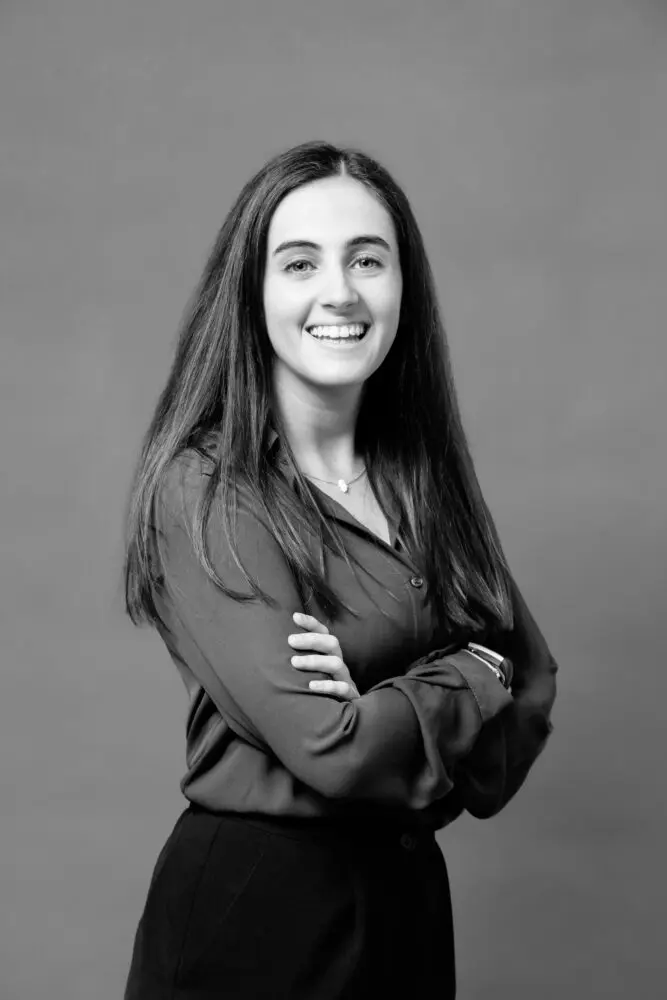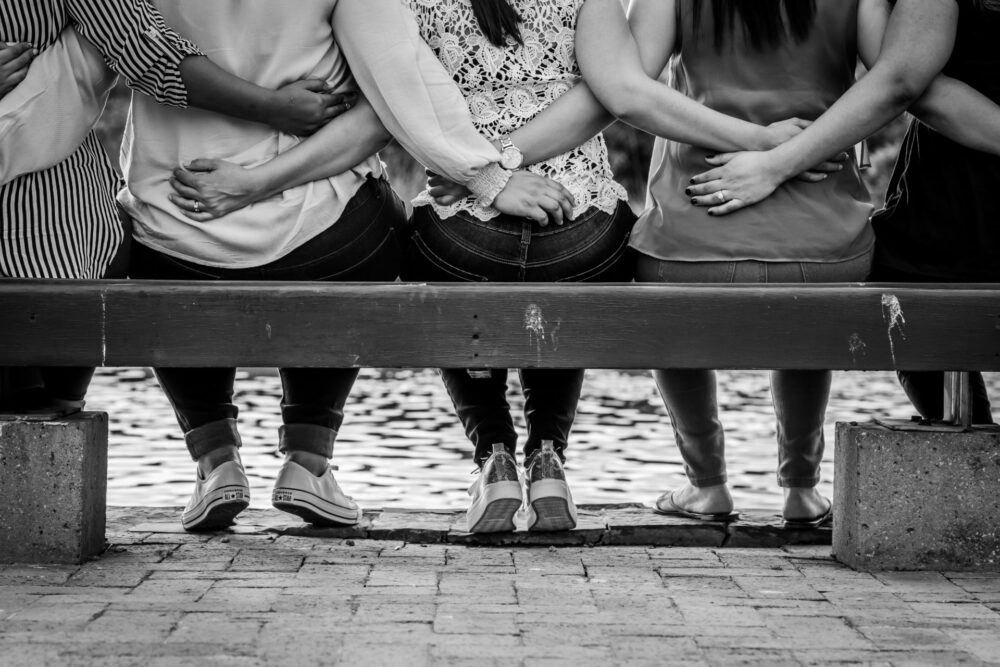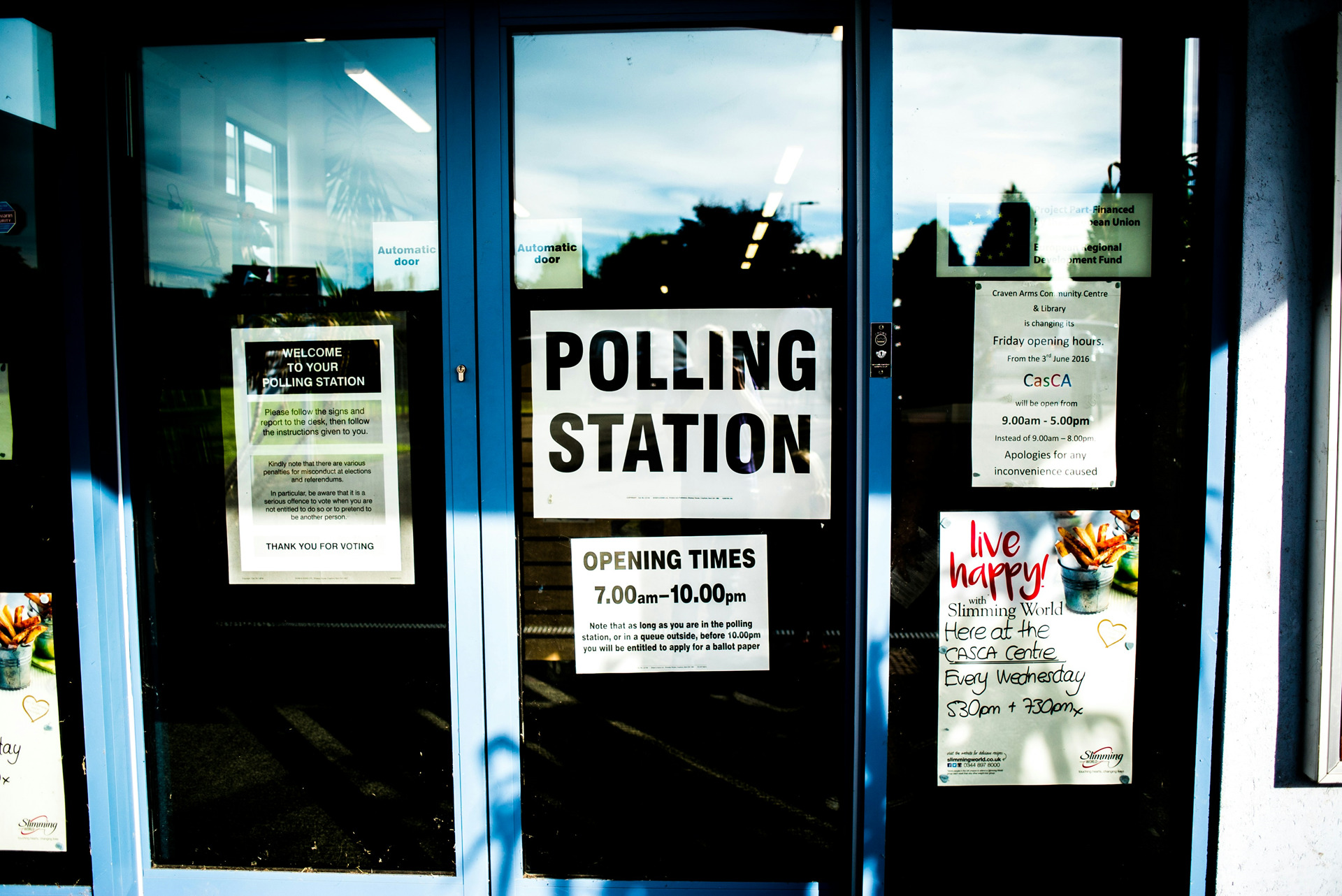
2012. The year London hosted the Olympic and Paralympic Games, Barack Obama was re-elected President of the United States and David Cameron left his daughter in a pub. The year of Gangnam Style, every film being released in 3D just because we could and the year the Mayan calendar predicted the world was going to end (it didn’t).
A lot has changed in the 10 years since and so as part of this year’s BBC 100 Women season, the 10th edition of the series, Savanta has surveyed 1,000 women in 15 countries to assess how life has changed for them and for women in their country in the last 10 years. The findings show plenty of reasons to be encouraged.
Three in five (59%) women surveyed say responsibilities in the home are now spilt more equally between men and women in their country than they were 10 years ago. Three quarters (75%) say there are more women in leadership positions and seven in ten (72%) feel more able to make their own financial decisions and say it is generally easier for women to access the contraception they want to use (70%).
However, while recognising the progress that has been made, it is also important to remember that the women in each of the 15 countries surveyed are comparing their experiences now to a different starting point in 2012 and that there is still a significant way to go.
Commenting on the findings to the BBC, the UN said “approaching the midpoint of the 2030 Agenda for Sustainable Development, the world is not on track to achieve gender equality by 2030.”
The UN went on to explain that “the COVID-19 pandemic, higher poverty rates, skyrocketing food and commodity prices, coupled with the climate crisis” have in fact “dramatically reversed the course of progress on gender equality”.
Therefore, while celebrating the progress made for many, it is remiss not to highlight the areas where the survey shows life has regressed for millions of women over the last 10 years.
That one in five (20%) women surveyed say it is now more difficult to access medically safe abortions in their country with this figure rising to almost half (46%) in the USA and more than a quarter in Pakistan (27%), Nigeria (27%), Brazil (29%), Kenya (31%) and Indonesia (32%).
That women in the USA (31% vs. 31%), Russia (30% vs. 31%) and the UK (28% vs. 25%) women are split on whether they now feel more or less safe expressing their honest opinions online than they were in 2012.
That at least one in five women in 11 of the 15 countries surveyed would now feel less comfortable discussing a gender-based crime (e.g. domestic abuse, rape, forced marriage, female genital mutilation) with the police in their country compared to in 2012.
And that a third (32%) of women surveyed, including more than two in five in Mexico (64%), Pakistan (48%), the UK (45%), Ukraine (44%) and Russia (42%), would not be confident action would be taken against the offender if they reported a gender-based crime to the police in their country.
The theme of this year’s BBC 100 Women season is ‘progress’ and the results of this survey show undoubtably that all over the world, women have made steps forward over the last 10 years. However, as world faces the challenge of building back from the pandemic while dealing with global inflation and the climate crisis, it is essential that we do not allow these challenges to diminish our progress on international gender equality.
Methodology: Savanta ComRes interviewed 15,723 women aged 18+ online in Egypt (1,067), Kenya (1,022), Nigeria (1,018), Mexico (1,109), USA (1,042), Brazil (1,008), China (1,025), India (1,107), Indonesia (1,061), Pakistan (1,006), Saudi Arabia (1,012), Russia (1,010), Turkey (1,160), UK (1,067) and Ukraine (1,009) between 17th October and 16th November 2022. Data were weighted to be representative of women in each country by age and region.

